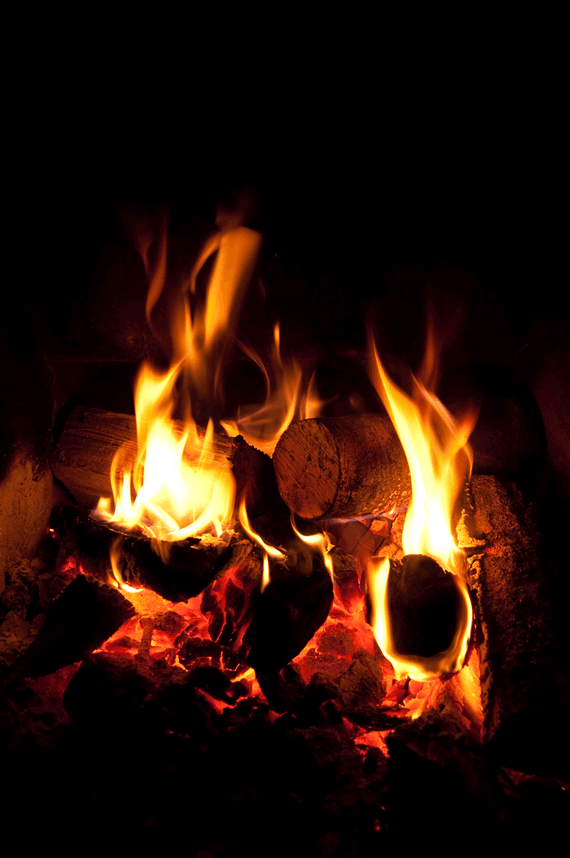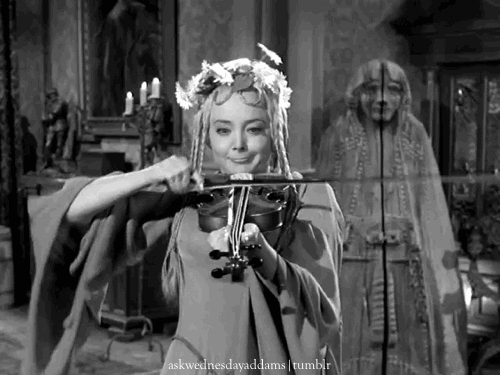Merry Christmas everyone!
Tonight's blog post is a celebration of Christmas Eve as it would have been celebrated in the early to mid 1800s. Telling ghost stories was a Christmas Eve tradition at that time. I learned this in the process of the Christmas card and story/poem exchange I planned this year.
I hadn't been aware of the ghost story tradition, aside from that part of the Andy Williams song "It's the Most Wonderful Time of the Year".
There'll be scary ghost stories
And tales of the glories
Of Christmases long, long ago
I learned a lot more in the process of this exchange. While looking for a poem to share, I learned a new one. The title of the poem I chose is "Haunted Houses" and it was written by Henry Wadsworth Longfellow. I've read the poem to myself several times, because I like it so much. That and I wanted to analyze it. I'm wondering how I'd never read it before!
I also practiced cutting snowflakes for the exchange and learned some new designs, like this cobweb:
 |
| Yay! I did it! |
Cutting these took a lot of practice! This tutorial and video helped:
You might want to stop and start the video as you try the steps. I decided to cut curves along the outside of my webs after I was done.
On to the Christmas Eve reading!
Longfellow wrote "Haunted Houses" in 1852 so it is in line with the time ghost stories were shared for Christmas. Perhaps someone even read this poem aloud to their friends and family on Christmas Eve long, long ago. I'm going to read it for you now. I made another recording like the one I posted for Halloween. Like last time, you'll only hear me. Come sit by the virtual fire and pretend that it's 1852. Help yourself to some roasted chestnuts and hot cider. I'm going to read you a little poetry!

For those who would like to read along with me, here is "Haunted Houses" in its entirety:
Haunted Houses
by Henry Wadsworth Longfellow
All houses wherein men have
lived and died
Are haunted houses. Through
the open doors
The harmless phantoms on
their errands glide,
With feet that make no sound
upon the floors.
We meet them at the door-way,
on the stair,
Along the passages they come
and go,
Impalpable impressions on the
air,
A sense of something moving
to and fro.
There are more guests at
table than the hosts
Invited; the illuminated hall
Is thronged with quiet,
inoffensive ghosts,
As silent as the pictures on
the wall.
The stranger at my fireside
cannot see
The forms I see, nor hear the
sounds I hear;
He but perceives what is;
while unto me
All that has been is visible
and clear.
We have no title-deeds to
house or lands;
Owners and occupants of
earlier dates
From graves forgotten stretch
their dusty hands,
And hold in mortmain still
their old estates.
The spirit-world around this
world of sense
Floats like an atmosphere,
and everywhere
Wafts through these earthly
mists and vapours dense
A vital breath of more
ethereal air.
Our little lives are kept in
equipoise
By opposite attractions and
desires;
The struggle of the instinct
that enjoys,
And the more noble instinct
that aspires.
These perturbations, this
perpetual jar
Of earthly wants and
aspirations high,
Come from the influence of an
unseen star
An undiscovered planet in our
sky.
And as the moon from some
dark gate of cloud
Throws o'er the sea a
floating bridge of light,
Across whose trembling planks
our fancies crowd
Into the realm of mystery and
night,—
So from the world of spirits
there descends
A bridge of light, connecting
it with this,
O'er whose unsteady floor,
that sways and bends,
Wander our thoughts above the
dark abyss.
This poem taught me a new word - equipoise which basically means a balance. So when Longfellow writes:
Our little lives are kept in equipoise
He means we find a balance in our lives between doing what's fun at the time and working towards a better future. That's how I interpret it anyway.
I love so many parts of this poem, but this is my favorite section:
The stranger at my fireside cannot see
The stranger can't see or sense what the writer is describing - he only perceives "what is". While the writer is aware of everything past and present in that room. There are no "title-deeds" - We own a house as much as the previous owner does. Longfellow is saying that we are shared owners of our property even if we can't sense who else is there. I think this is a sweet sentiment, especially around Christmas. The ghosts of Christmas past are always with us. By the way, mortmain was another new word for me. It basically means a legal landowner.
What do you think of this poem? Do you have any favorite parts?
I wish you all a very merry Christmas and a happy 2014!
 |
| More of this year's snowflake designs |
This poem taught me a new word - equipoise which basically means a balance. So when Longfellow writes:
Our little lives are kept in equipoise
By opposite attractions and
desires;
The struggle of the instinct
that enjoys,
And the more noble instinct
that aspires.
He means we find a balance in our lives between doing what's fun at the time and working towards a better future. That's how I interpret it anyway.
 |
| My little German Santa candy holder looking spooky |
I love so many parts of this poem, but this is my favorite section:
The stranger at my fireside cannot see
The forms I see, nor hear the
sounds I hear;
He but perceives what is;
while unto me
All that has been is visible
and clear.
We have no title-deeds to
house or lands;
Owners and occupants of
earlier dates
From graves forgotten stretch
their dusty hands,
And hold in mortmain still
their old estates.
The stranger can't see or sense what the writer is describing - he only perceives "what is". While the writer is aware of everything past and present in that room. There are no "title-deeds" - We own a house as much as the previous owner does. Longfellow is saying that we are shared owners of our property even if we can't sense who else is there. I think this is a sweet sentiment, especially around Christmas. The ghosts of Christmas past are always with us. By the way, mortmain was another new word for me. It basically means a legal landowner.
What do you think of this poem? Do you have any favorite parts?
 |
| Santa Spider has a wish for you. |
I wish you all a very merry Christmas and a happy 2014!
Haunted Houses
|
||||||||||||||||||
|
||||||||||||||||||






